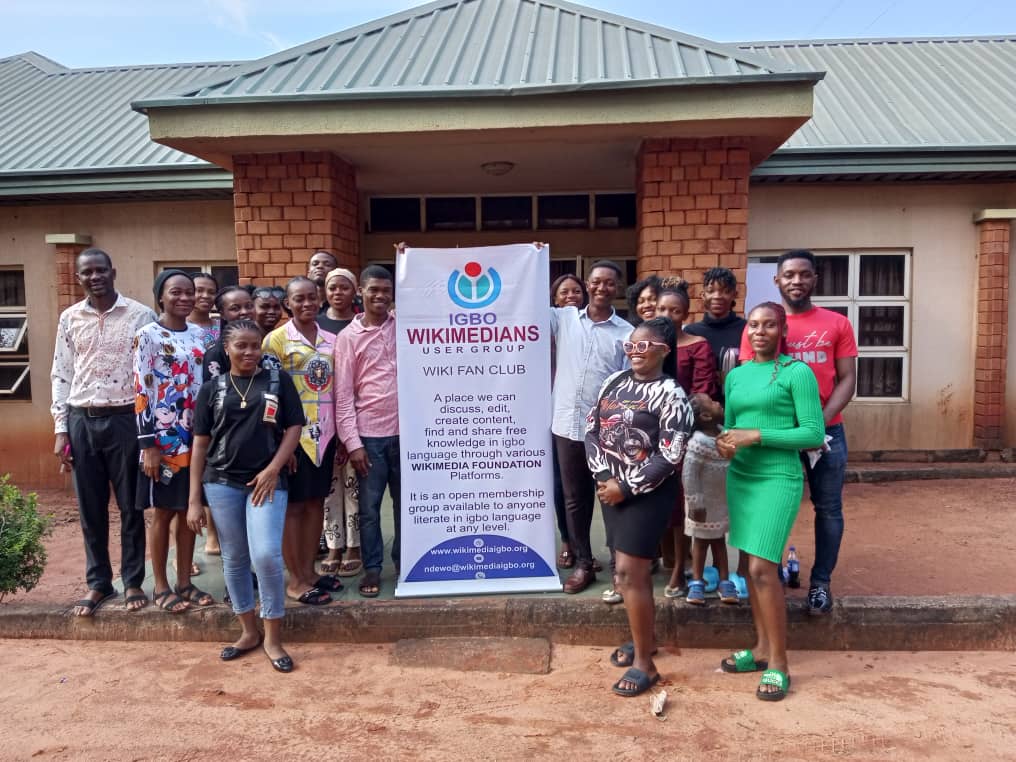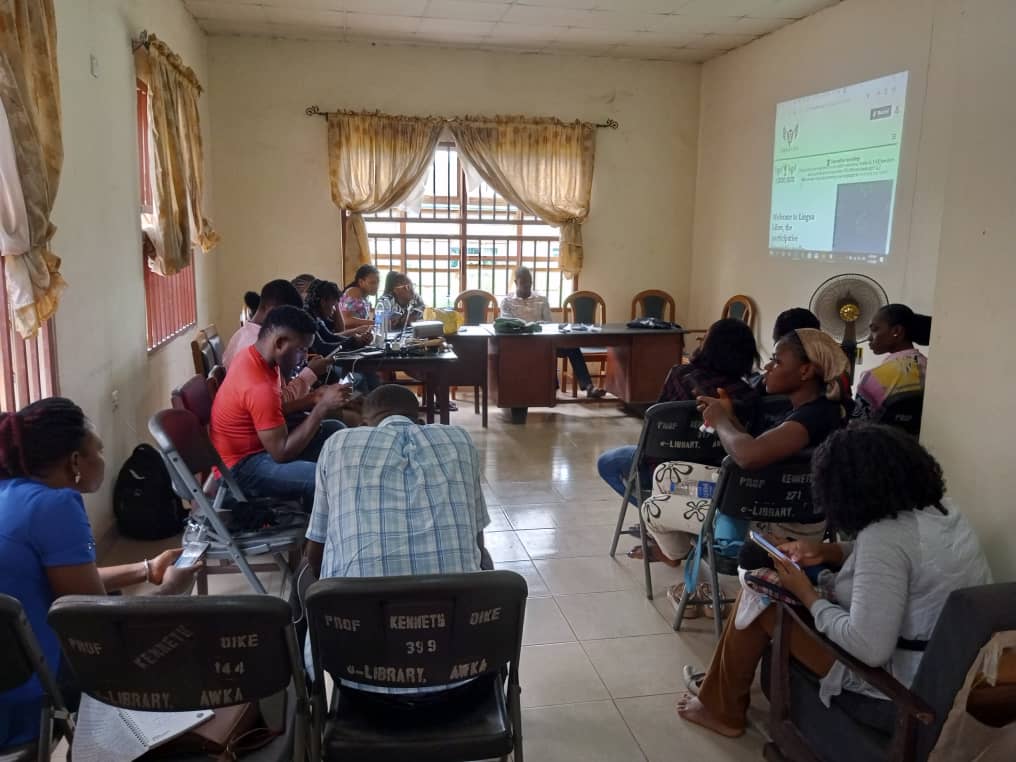Wiktionary is a collaborative, multilingual, and freely available online dictionary that aims to document and preserve the vocabulary of all languages. Wiktionary serves as a powerful tool in language preservation by fostering a collaborative and inclusive environment for documenting and sharing the vocabulary of diverse languages, both widely spoken and endangered. It contributes to the ongoing effort to safeguard linguistic diversity and heritage in the digital age and also empowering communities to safeguard their linguistic heritage for generations to come.

Significance of Wiktionary in empowering language preservation
Wiktionary is a valuable tool that safeguards linguistic diversity. It supports:
Collaboration
Wiktionary gives users opportunity to contribute and document words and phrases from various languages, and this allows for a more comprehensive vocabulary, including regional dialect.
Multilingualism
Wiktionary hosts entries in numerous languages. This inclusivity promotes linguistic diversity and serves as a valuable repository for both major languages and those on the edge of extinction.
Open access model
Wiktionary’s free accessibility is a key factor in its effectiveness as a language preservation tool. Anyone with an internet connection ( even without the internet “KIWIX) can access the vast repository of words and phrases, democratizing linguistic knowledge. This accessibility ensures that individuals, linguists, Researchers and language enthusiasts worldwide can contribute to and benefit from the preservation efforts.
Revitalize Endangered Languages
Wiktionary plays an important role in the preservation and Revitalization of endangered languages as speakers of these languages can document and share their linguistic heritage. This is of great importance as many languages are at risk of disappearing, and digital platforms like Wiktionary can help create a lasting record.
Documenting the Igbo Alphabets and Numerals on Wiktionary
Wiktionary is a valuable resource for documenting languages as it helps make information accessible to a wider audience. Wiktionary provided a platform for the Wikimedians Igbo community to contribute and document our linguistic heritage. It becomes another beacon of hope for Igbo Speakers to preserve our linguistic forms that may otherwise fade away. There were needs on documenting the Igbo numerals known as “Ọnụ ọgụgụ Igbo“ and Igbo alphabet known as “Abịdịị Igbo”. We hosted an online and physical meet up to document these and we created tasks sheet to fully engage community members. We are happy to have added descriptions, explanations, pronunciations, and examples to enrich the Igbo Wiktionary. Now, we have the 36 Igbo alphabet on the Igbo wiktionary and that of the numerals is work in progress. The Lingua Libre, an online collaborative project and tool by the Wikimedia France association, which aims to build a collaborative, multilingual, audiovisual speech corpus under a free license was used in recording to preserve our language.
Wiktionary is not just a digital dictionary; it’s a testament to the power of collaboration, accessibility, and adaptability in language preservation. In an era where the digital landscape shapes the way we communicate and share information, Wiktionary stands as a beacon, fostering a sense of unity in diversity and empowering communities to safeguard their linguistic heritage for generations to come.


Can you help us translate this article?
In order for this article to reach as many people as possible we would like your help. Can you translate this article to get the message out?
Start translation